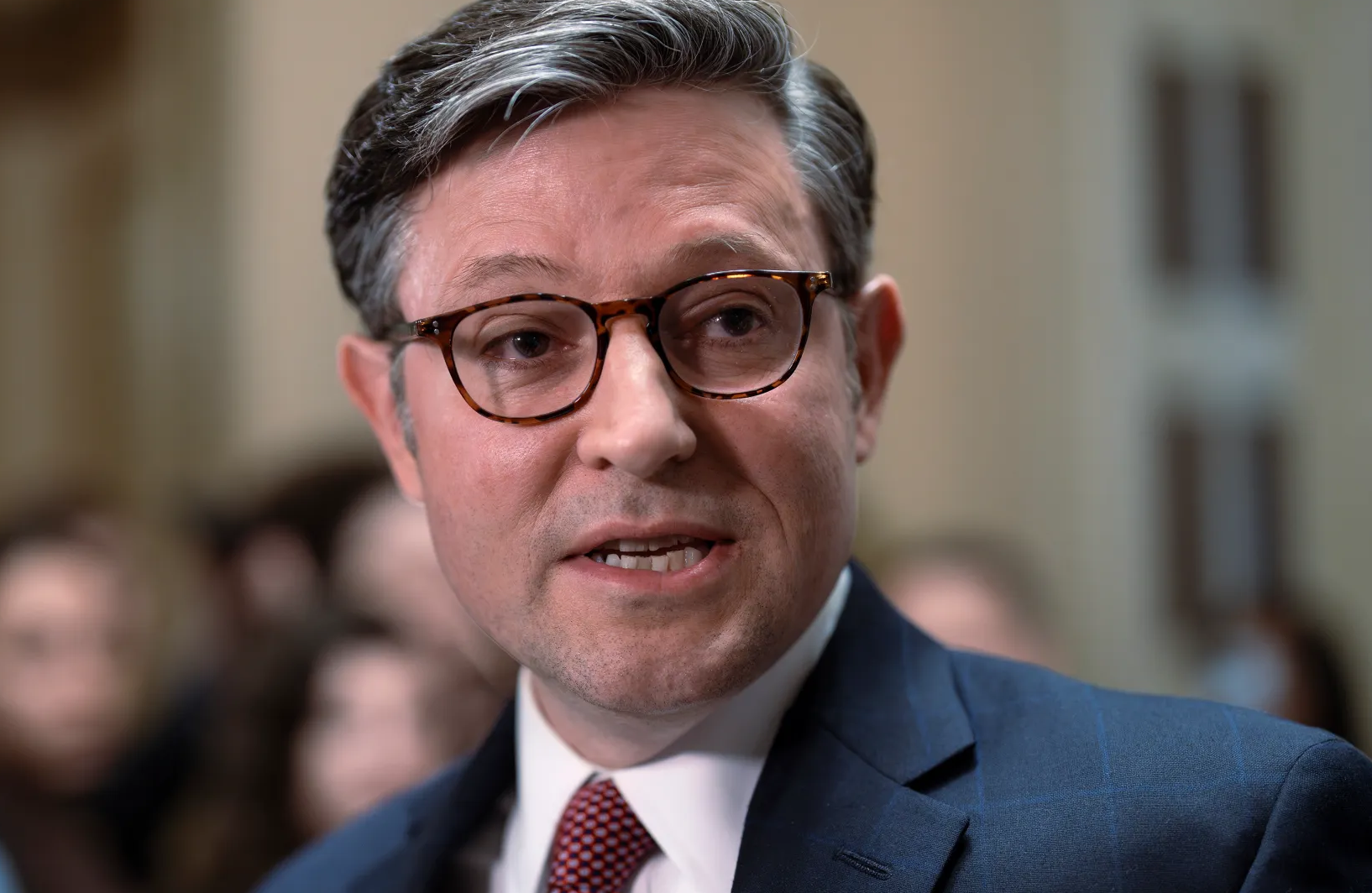The impeachment inquiry into President Biden, initiated by former Speaker of the House Kevin McCarthy and now continued under current Speaker Mike Johnson, is set to be formalized next week, contingent on securing enough support from the narrow Republican majority in the House. Speaker Johnson has emphasized the importance of a formal vote to help the inquiry progress, especially as it seeks critical information that has been blocked by the White House. The vote will serve as a crucial test of unity within the Republican Party, particularly after recent shifts in party dynamics, including the removal of Rep. George Santos.
The House Republican majority, which holds only a slim margin, faces the challenge of ensuring enough votes to pass the resolution. A significant number of dissenting votes could potentially halt the inquiry’s momentum. Despite the inquiry’s commencement in September under McCarthy, it was not formally approved through a vote. Speaker Johnson argues that formalizing the inquiry with a vote will empower the House to assert its constitutional authority, particularly in seeking subpoenas that have been contested in court.
In discussing the need for the vote, Speaker Johnson highlighted the constitutional responsibility of the House to pursue the impeachment inquiry with the full backing of the legislative body. He stressed that without this formal action, the investigation risks losing its legitimacy in the eyes of the judiciary. Johnson remarked, “The House has no choice if it’s going to follow its constitutional responsibility to formally adopt an impeachment inquiry on the floor, so that when the subpoenas are challenged in court, we will be at the apex of our constitutional authority.”
The inquiry has primarily focused on investigating allegations of misconduct involving the Biden family, particularly in relation to Hunter Biden’s business dealings and his father’s potential involvement. As the inquiry deepens, Speaker Johnson has worked to align the Republican Party behind the investigation, noting that it is not simply a political maneuver but a serious legal process aimed at upholding the Constitution. “All the moderates in our conference understand this is not a political decision,” Johnson explained to reporters. “This is about fulfilling our constitutional duty.”
The need for a formal vote has also been driven by the desire to ensure that the House can effectively pursue subpoenas and documents that have been withheld by the Biden administration. Without the formal backing of a vote, Johnson believes the inquiry may lack the necessary legal standing to enforce these demands. The investigation has already encountered significant pushback, with critics alleging that it is politically motivated and lacks concrete evidence to support impeachment. Proponents, however, argue that it is essential for Congress to investigate any potential abuse of power, especially in light of the increasing public concern over corruption.
Johnson’s efforts to rally support for the formal vote are also aimed at addressing the concerns of moderates within the GOP. Some members of the party have expressed hesitance, fearing that pushing forward with the inquiry could alienate swing voters ahead of the 2024 election. Speaker Johnson has worked to reassure these members that the vote should not be seen as a political referendum on the President but rather as a necessary step to preserve the House’s investigative powers.
The upcoming vote is likely to be a critical moment for the Republican Party, which has already been grappling with internal divisions. The removal of Rep. Santos from the House GOP caucus, following allegations of unethical conduct, has further complicated the party’s ability to present a united front. With such a small majority, Johnson faces an uphill battle to secure the necessary votes to formalize the inquiry. However, he remains confident that with careful persuasion, he can bring the party together.
As the impeachment inquiry continues to unfold, the political landscape is likely to shift. The formal vote to adopt the inquiry will be a significant test for Speaker Johnson’s leadership and the unity of the Republican Party. It will also signal whether the House is willing to fully commit to the investigation into the Biden family or whether internal divisions will derail the effort. In the coming days, all eyes will be on the GOP, as they make a critical decision that could shape the political discourse heading into the 2024 election season.
